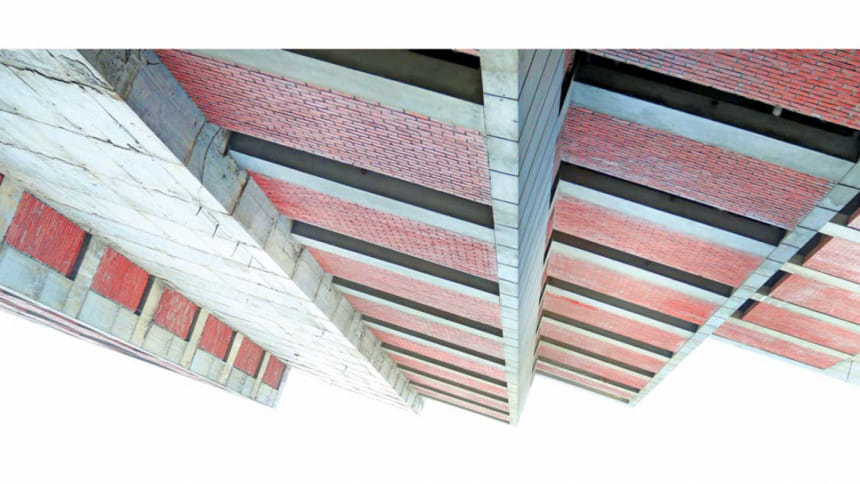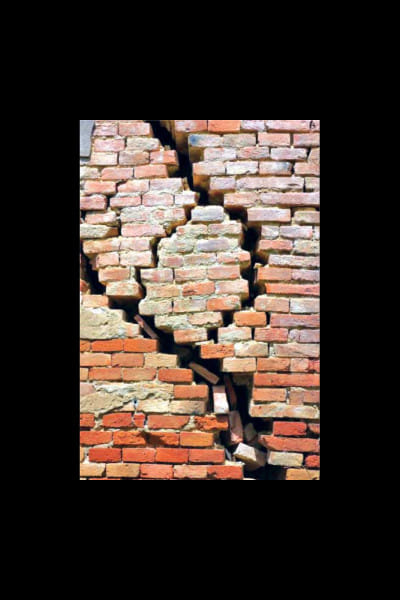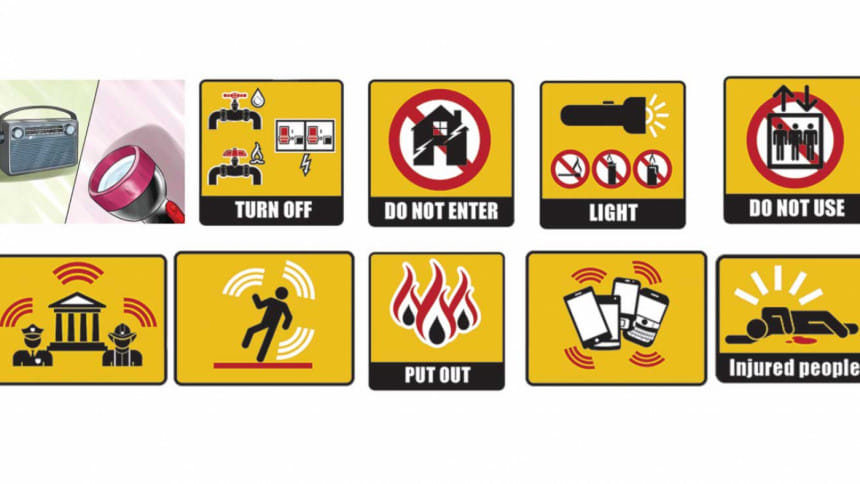SURVIVING THE TREMORS

As we have seen and experienced in the past few days, massive earthquakes like the ones that nearly demolished the entire country of Nepal, can turn lives upside down in the blink of an eye. The disaster that struck our neighbouring country raises a terrifying question about a very real possibility- what if this happens to us? Since an earthquake cannot be accurately predicted or prevented, we must be prepared for the worst, to the best of our abilities. With this in mind, I have done some research and have compiled a list of a few tips that can be useful, maybe even life saving, in the event of this devastating natural disaster.

Before an Earthquake
If you are aware beforehand that an earthquake (or an aftershock of one) is about to hit your area, pack a small bag with essentials if possible. These should include, a first aid kit, a battery powered radio, a flashlight, extra batteries, a whistle, dry food and water (assume you will not have access to sustenance for at least 24 hours), a cell phone, blankets, a change of clothes and a sturdy pair of shoes. You can also pack your passport, ID cards, and some money.
Learn basic first aid (tending to cuts, bruises and fractures)
Make sure you know how to turn off your electricity, gas and water lines.
Make a plan with your family about a designated spot to gather, in case you are not together or get separated, when the quake happens.
Learn where all the emergency exits are and what the evacuation plan is, in your home, school and workplace.
Do not leave heavy objects on shelves which can fall and injure you during the tremors.
During an Earthquake
First and foremost, stay calm! Be aware of your surroundings. Panic always makes the situation worse.
If you happen to be indoors, do not rush out, stay indoors and find a heavy piece of furniture to crawl under, or a doorframe under which to stand and hold on tight! Stay away from windows and loose heavy furniture.
If you are outdoors, stay outside! Try to find an open space away from buildings and power lines.
If you are in a car, stop the car and stay inside till the shaking stops.
Remember, you must drop to the ground and protect your head, neck and spine. Lie down either in a foetal position or crouch down, covering your head and neck with your hands. If you are in a wheelchair, cover your neck and head and lean forward.
Do not use matches, candles or any flame. It can be dangerous if there are broken gas lines.
Do not use elevators, they may get stuck and trap you.
Try to assist others around you, especially the elderly and children who cannot help themselves.
If you have pets, try to take them with you when you find a safe place, but if they struggle or panic it is best to let them find a safe place for themselves.

After an Earthquake
First check yourself and then the others around you for injuries. If possible, apply first aid to those who need it. Do not try to move injured people unless they are in immediate danger, because you may make the injury worse.
If you haven't already, check water, gas and electric lines for damage if possible, and then shut off the valves. If you smell gas, open all windows and doors or leave immediately (if possible). Report any damage to the authorities if you are in a position to do so.
Do not use your cell phone unless it is for an emergency. The phone lines may be jammed, in which case, send text messages.
Turn on your radio.
Stay away from damaged buildings.
If you must leave a building, be extremely and continuously cautious and keep an eye out for glass and falling debris.
Be prepared to operate without electricity and be on the lookout for objects that may have moved, if you are in the dark.
If you have your sturdy shoes with you, put them on.
If you are trapped and have your whistle, use it to attract attention.
If you are at school or at work, follow the emergency plan or if there is one, the instructions of the person in charge.
If you are near a beach or in a coastal area, stay away from the water bodies as tsunamis may hit after an earthquake.
Be prepared to experience aftershocks, because after a large earthquake, tremors may continue for days.
A life-altering event like an earthquake can leave more than physical scars. Many lose their family and friends, homes and all their worldly possessions. It is not easy to heal completely after such an experience, and psychological conditions may develop in the survivors. The most immediate of these is shock and numbness, followed by denial. This is followed by an emotional state which includes anxiety, depression and survivor guilt. In the long term, conditions such as Post Traumatic Stress Disorder (PTSD) may also develop.
In such situations, aside from seeking assistance from mental health professionals, it is also helpful to talk to other survivors and help one another with the healing process. It is important to remember that it will take time and tremendous effort for the healing to happen.
****
EXPERTS SAY
Md Shahnawaz Khan Chandan
Architect Iqbal Habib
Member Secretary, Urbanisation & Urban Governance Programme Committee, Bangladesh Paribesh Andolon.
"If we observe the pattern of the previous earthquakes, we can predict that Bangladesh might face an earthquake of high magnitude in the near future. We have two epicentres within our geographical border: one in Dowkey, Sylhet and another in Haluaghat, Mymensingh. If an earthquake, measuring a magnitude of 7.9 strikes from these epicentres, Dhaka would face an intensity of at least a 6.5 magnitude. Unplanned urbanisation and construction of high rise buildings in the lowland and marshes without following proper engineering rules have already made the city extremely vulnerable to disasters. According to a research conducted by BUET in 2012, more than 30 percent of the buildings in Dhaka are at high risk of collapse. But endangered buildings have not been identified yet. The government should take steps to identify these buildings so that people can take precautionary measures."
Architect Taimur Islam
Chief Executive of Urban Study Group
"After every major earthquake, we see that some vested quarters start to claim that all old buildings of old Dhaka should be demolished as they are at risk of collapse. A research of Earthquake and Megacities Initiative in 2004 shows that soil condition of the older part of Dhaka is much better than the newly developed eastern and western parts of Dhaka. We have seen that old buildings of Dhaka such as Ahsan Manzil, Lalbagh fort, Bara Katra survived two major earthquakes in 1897 and 1950 respectively. What we must do now is take serious steps to retrofit all these historic buildings. Our history and heritage must be preserved."

 For all latest news, follow The Daily Star's Google News channel.
For all latest news, follow The Daily Star's Google News channel. 



Comments